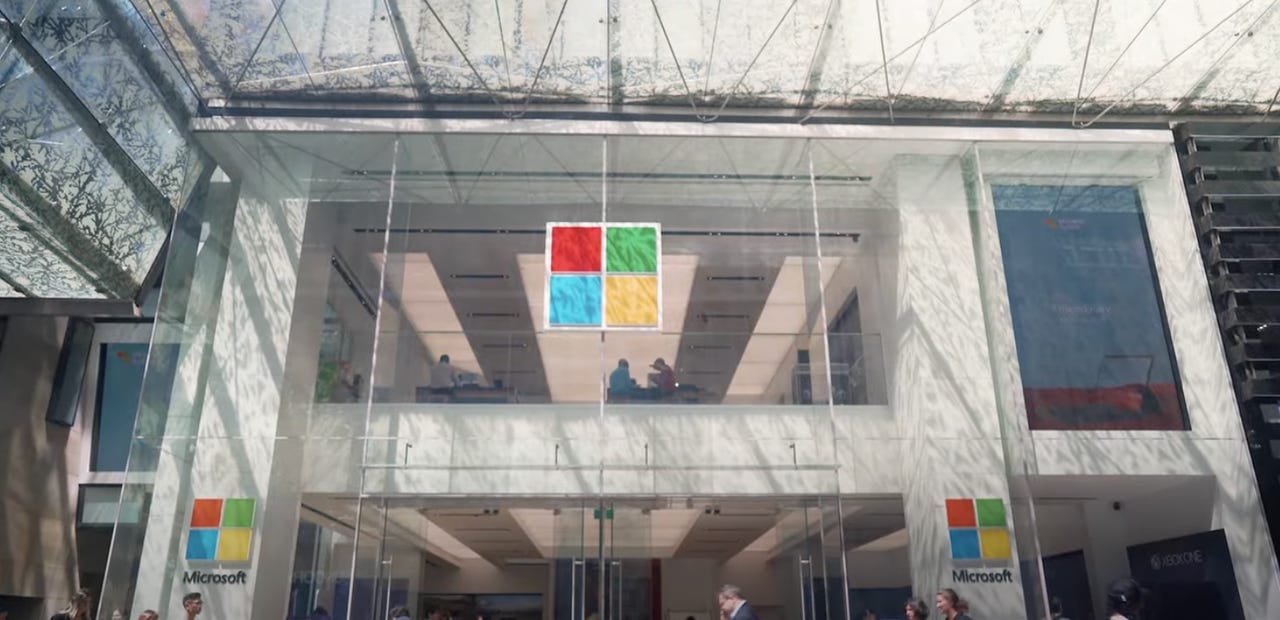'ZDNET Recommends': What exactly does it mean?
ZDNET's recommendations are based on many hours of testing, research, and comparison shopping. We gather data from the best available sources, including vendor and retailer listings as well as other relevant and independent reviews sites. And we pore over customer reviews to find out what matters to real people who already own and use the products and services we’re assessing.
When you click through from our site to a retailer and buy a product or service, we may earn affiliate commissions. This helps support our work, but does not affect what we cover or how, and it does not affect the price you pay. Neither ZDNET nor the author are compensated for these independent reviews. Indeed, we follow strict guidelines that ensure our editorial content is never influenced by advertisers.
ZDNET's editorial team writes on behalf of you, our reader. Our goal is to deliver the most accurate information and the most knowledgeable advice possible in order to help you make smarter buying decisions on tech gear and a wide array of products and services. Our editors thoroughly review and fact-check every article to ensure that our content meets the highest standards. If we have made an error or published misleading information, we will correct or clarify the article. If you see inaccuracies in our content, please report the mistake via this form.
Microsoft is launching something primed to get on your nerves (or maybe not)


It sounds like a good idea. Or does it?
Ideas are hard.
Good ideas are harder.
But ideas that might go one way or the other seem to roll out of tech companies like barrels out of a pub cellar.
The latest one that's captivated me to a curious humming disharmony comes from Microsoft.
ZDNET Recommends
It's one that I'm sure has only the best of intentions, but it may turn toward pain, sorrow, and guttural ululation because life's like that.
Here's the problem Microsoft's engineers want to solve. Sometimes, a Microsoft Teams call needs to be transferred. You, then, sit there until it happens. Or, like me, you just do something else on your laptop until it happens.
That's clearly not good enough for Microsoft. For here, in the 365 road map, is a glorious new entry. It's entitled: "Music on hold for call transfer."
Also: Microsoft Teams is getting all these new hybrid work features
Currently, you see, there are no sounds while you wait for the transfer. There's just a blissful peace interacting with your anticipation.
But now -- or rather sometime in September -- "music can be played to callers on hold when a call transfer is initiated."
At heart, I adore this. Even if, right now, it's not known what sort of music will be played. Or, indeed, whether companies will be able to choose their own music.
A prize for the first company to choose The Who's "Who Are You" or Ed Sheeran and Justin Bieber's "I Don't Care." No, Lionel Ritchie's "Hello" just won't do.
I fear that, despite my enthusiasm, many may find this feature deeply irritating. Why, they'll say, be reminded of all those times you've spent seeming hours on hold to get customer service while a cheap tune loops around your head until it begins to strangle?
Also: Microsoft found a new way to anger customers
Worse, what if companies can only choose from a specific set of used tunes from a supermarket catalog?
Or what if corporate IT gets to decide? Can you imagine waiting for your call to be transferred and being assaulted by the mellifluous sound of Ozzy Osbourne at his finest?
And what if you're kept in the void for tens of minutes, from which you have no escape?
As with so much in tech, it's all down to the execution, so I asked Microsoft for some enlightenment.
In cryptic tones, a company spokesperson told me, "We'll have more detail to share when we officially announce the availability of the capability."
The anguish of it all. It's unbearable.
Perhaps companies will be able to poll employees about which music they'd prefer.
Perhaps Microsoft will only offer music hummed by its own employees.
Perhaps soon, many Teams users will appreciate that silence can, in fact, have a silver lining.